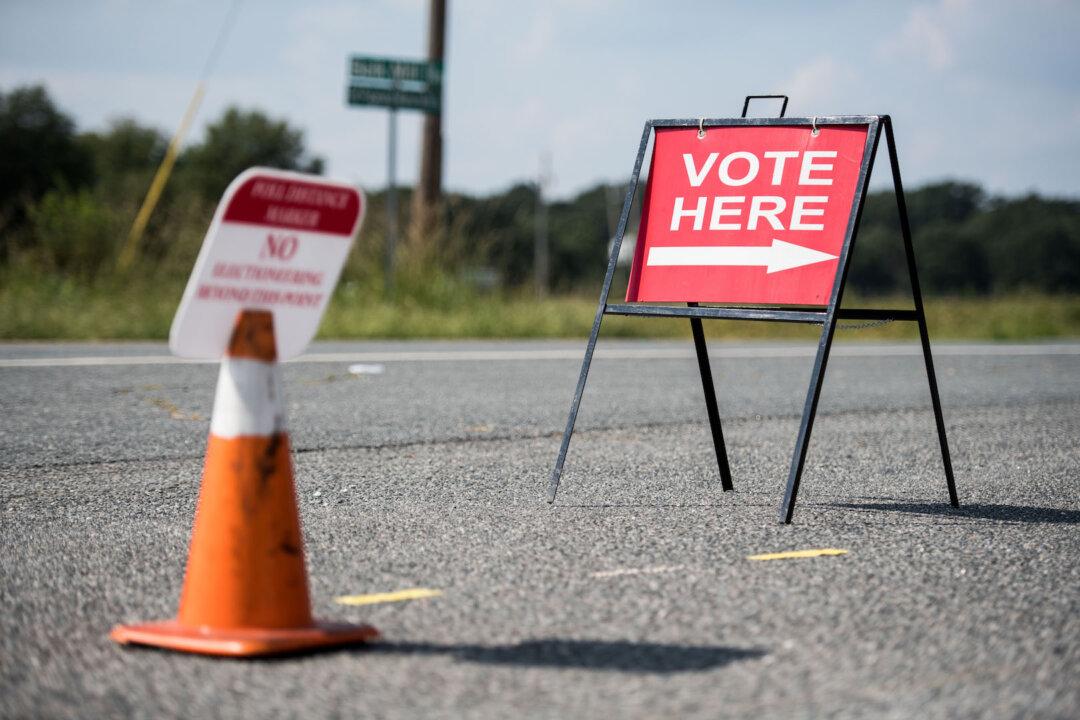A North Carolina appeals court on Feb. 18 temporarily blocked the state from using its new voter identification law in elections, ruling that the policy was “enacted with racially discriminatory intent and thereby intentionally discriminates against voters of color.”
Senate Bill 824, also known as “An Act to Implement the Constitutional Amendment Requiring Photographic Identification to Vote,” required voters to present a certain type of photo ID before casting a ballot.




